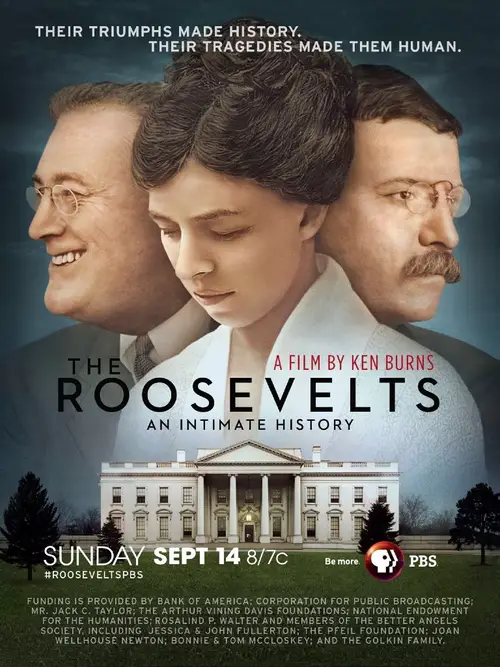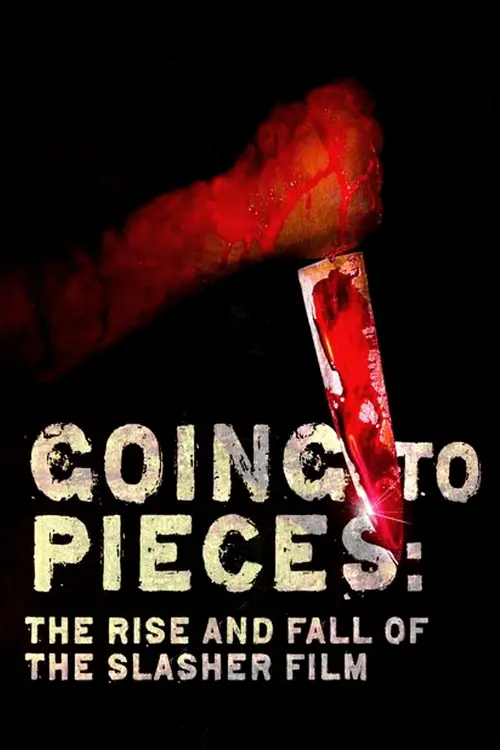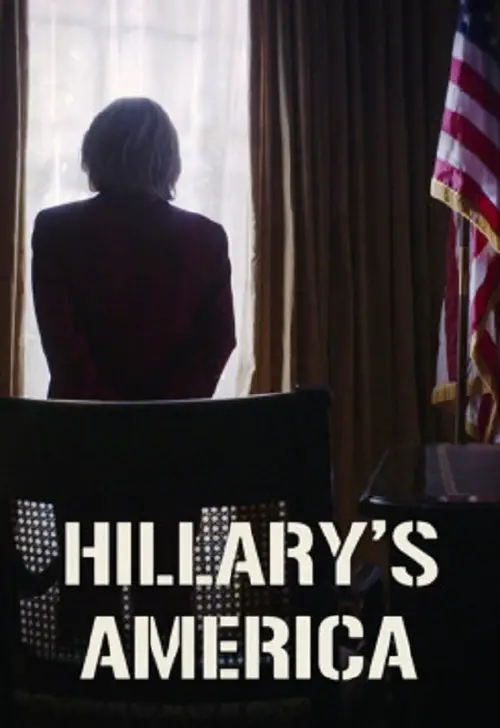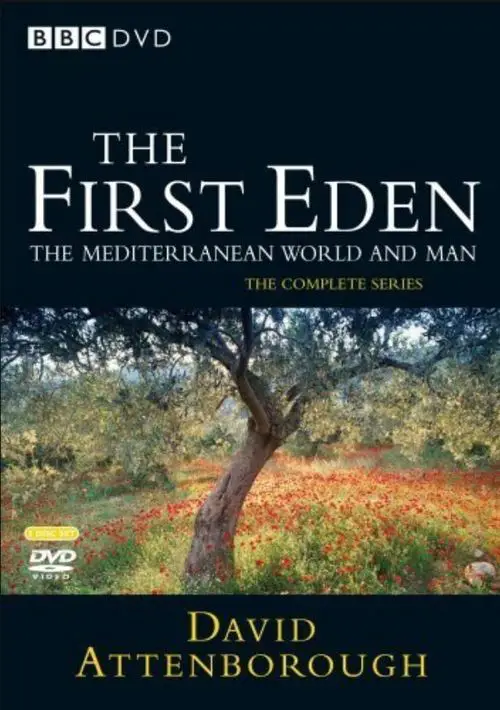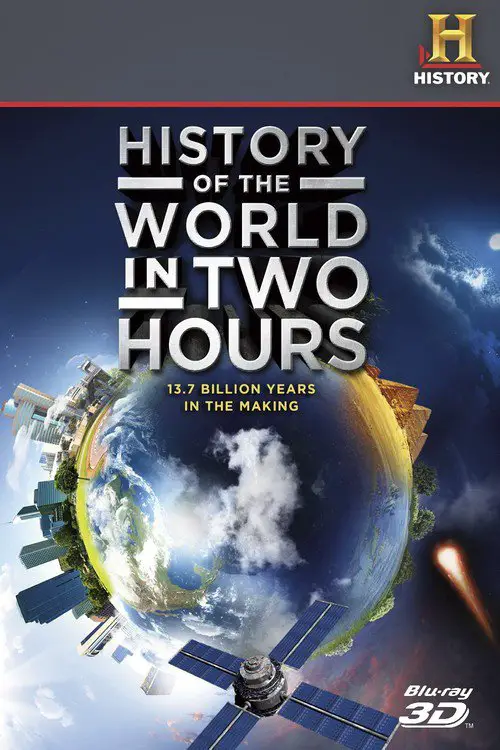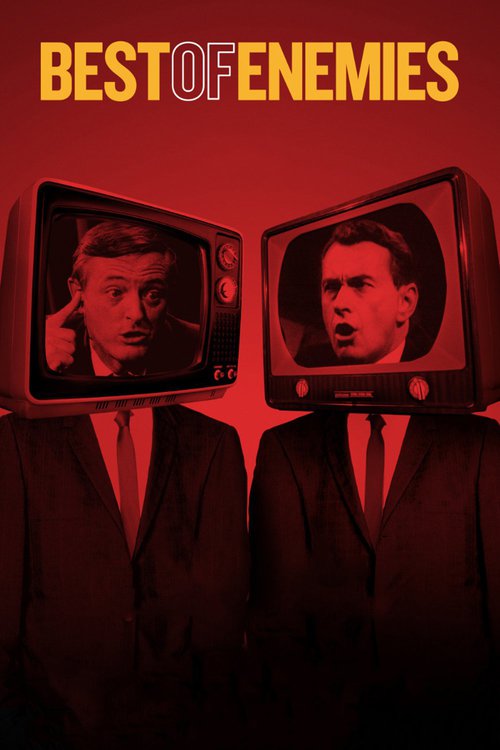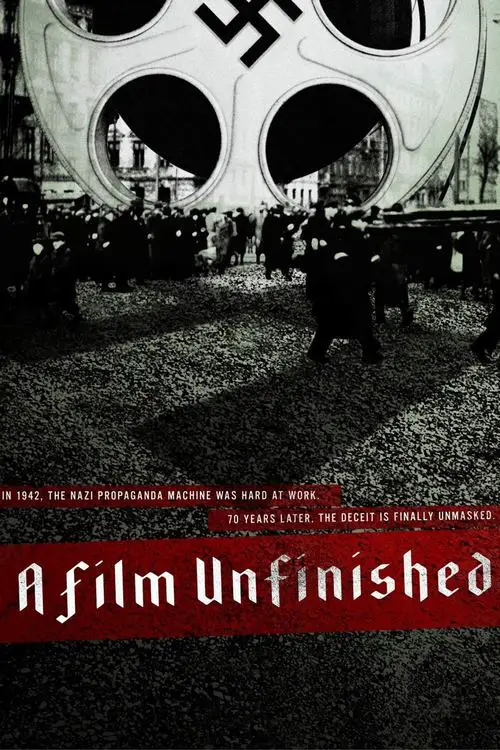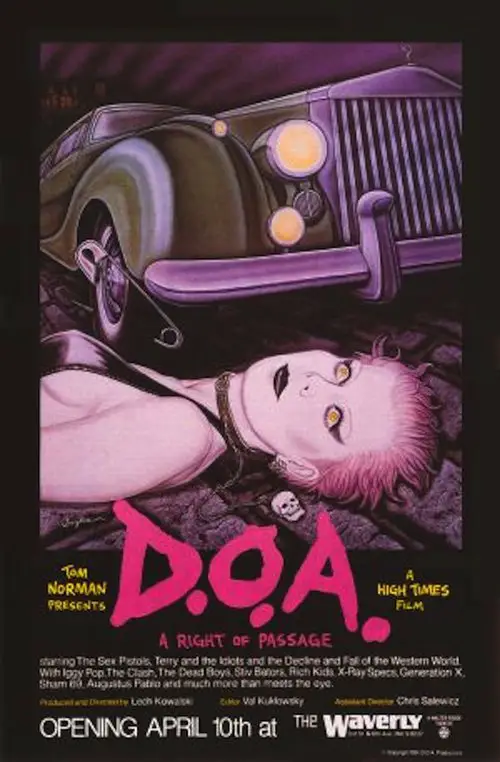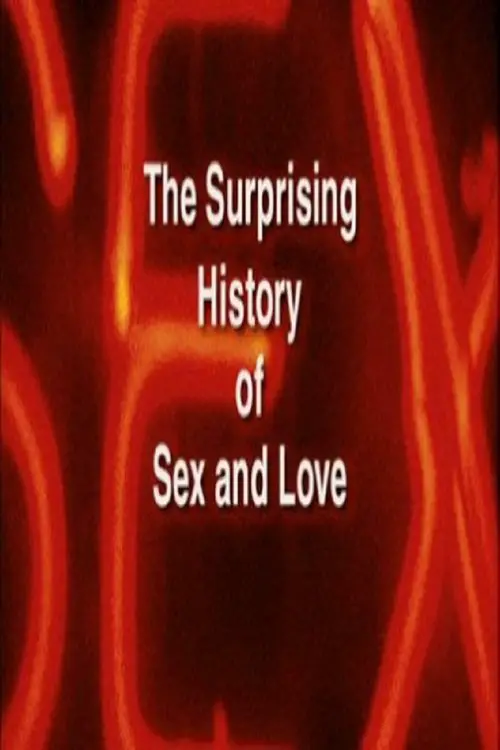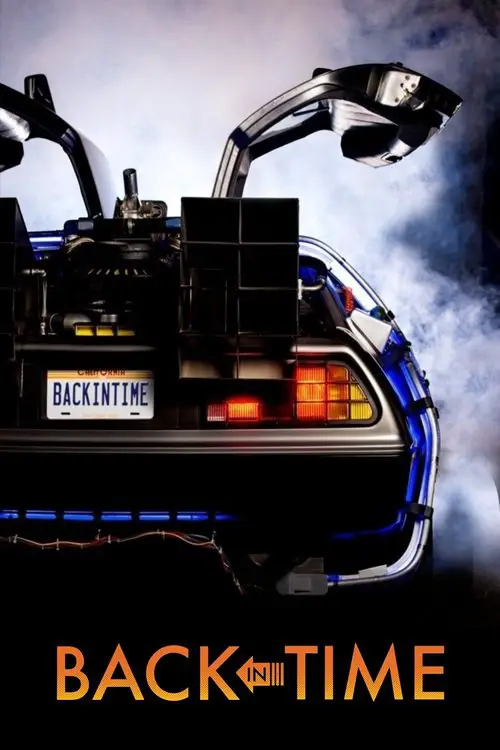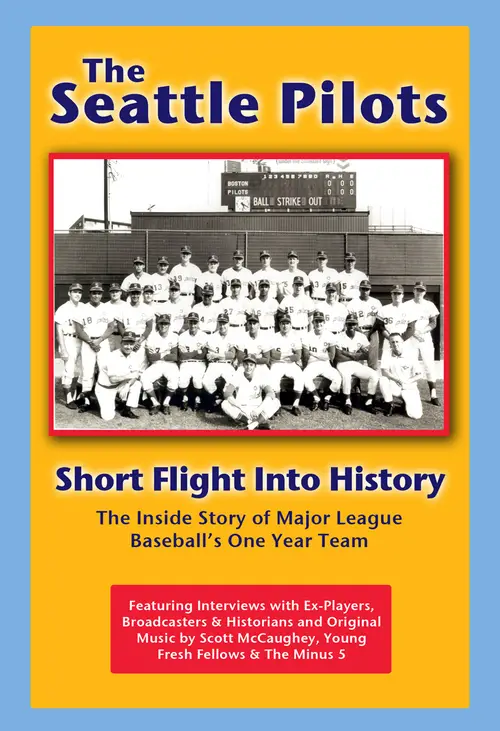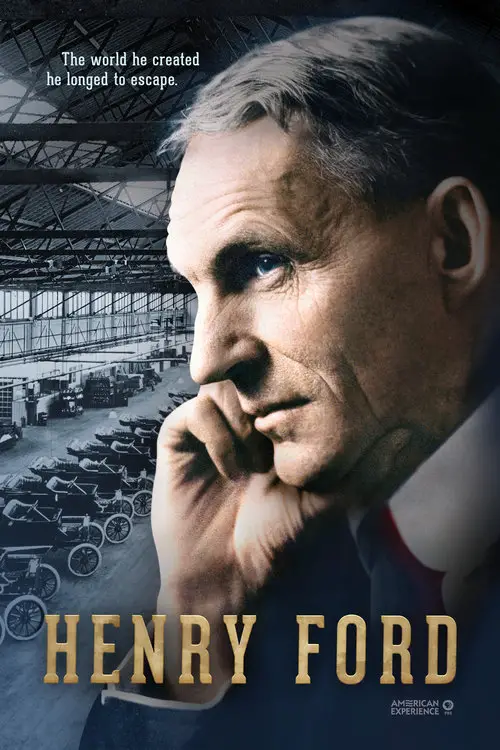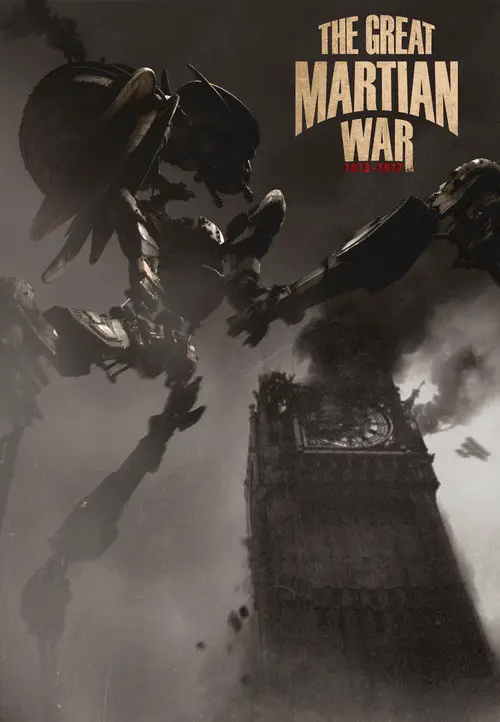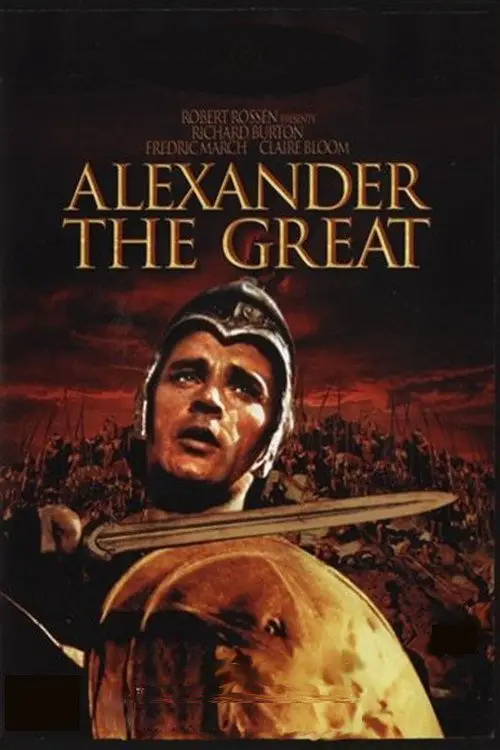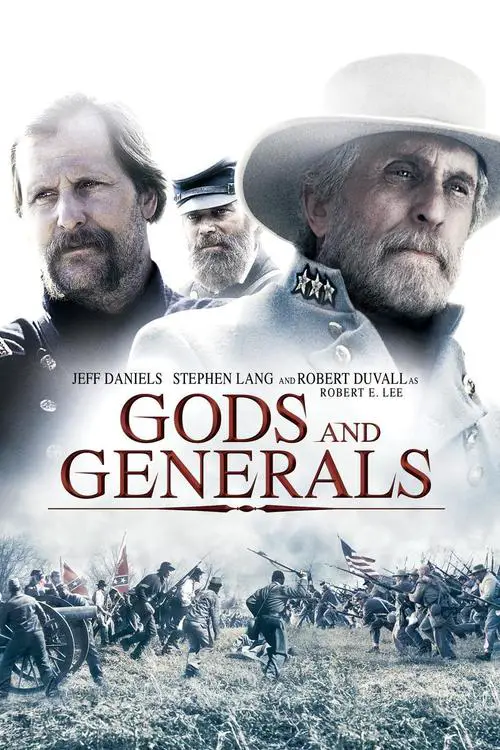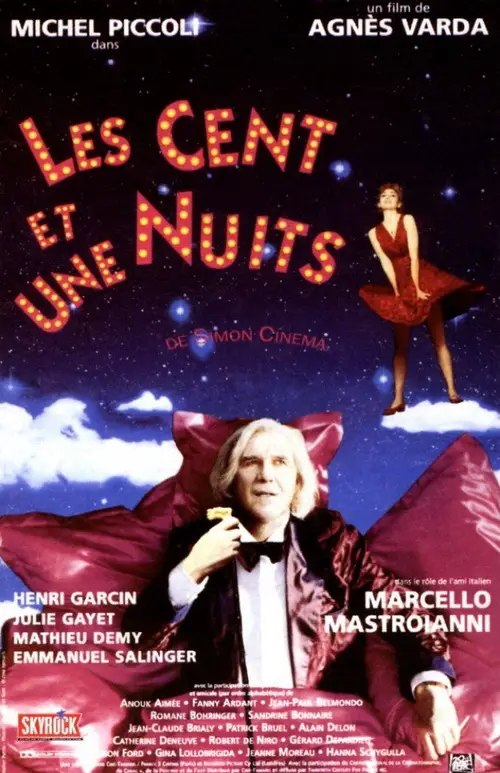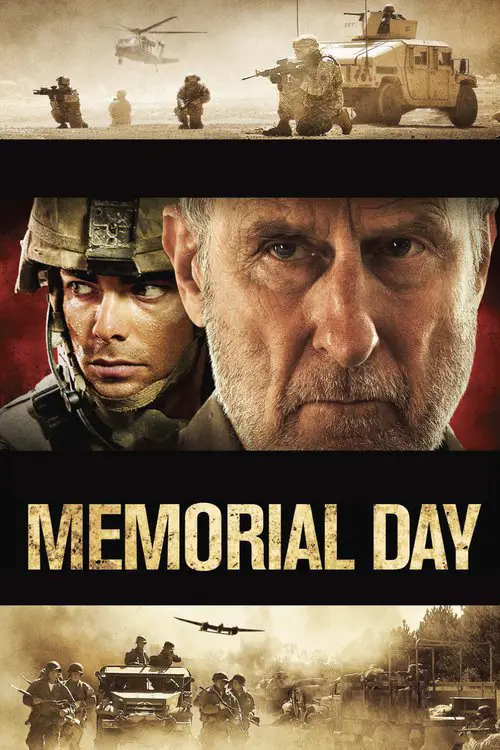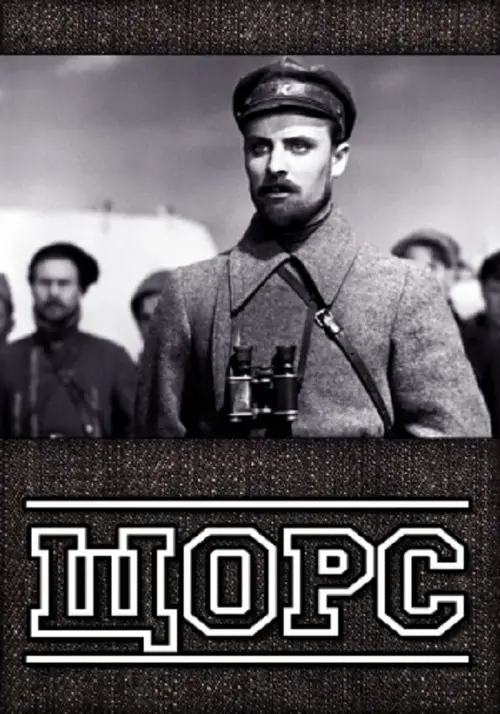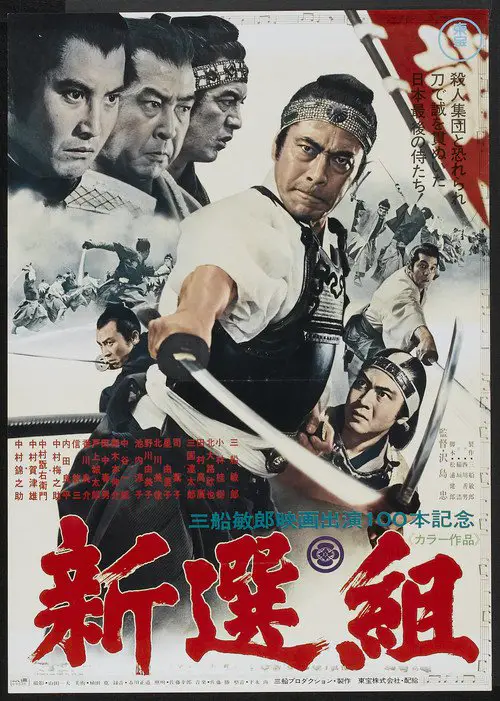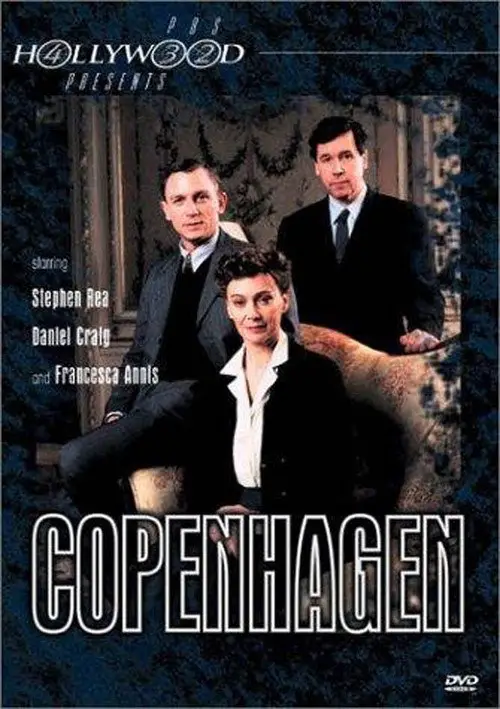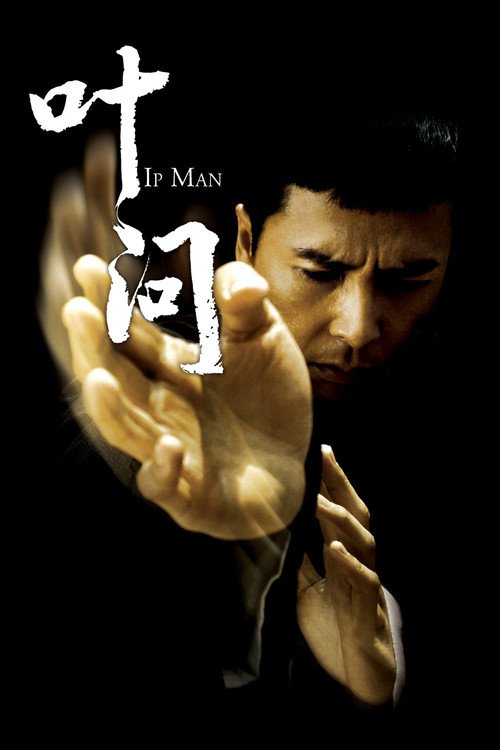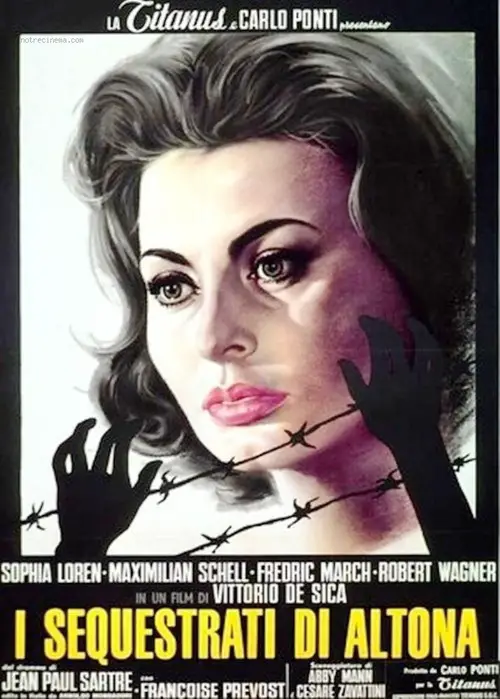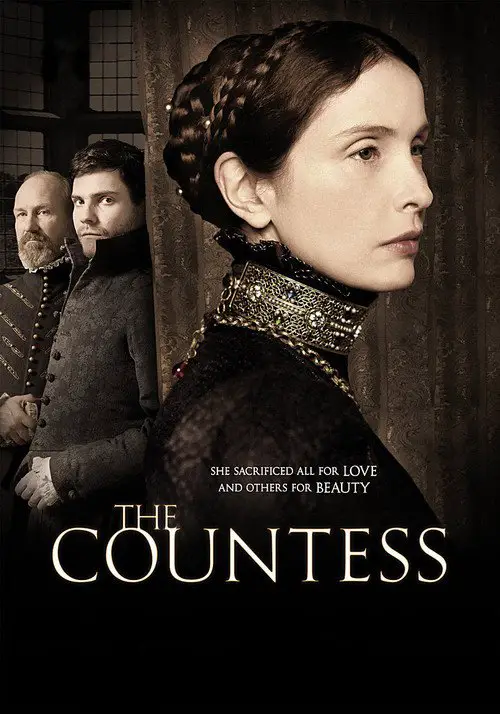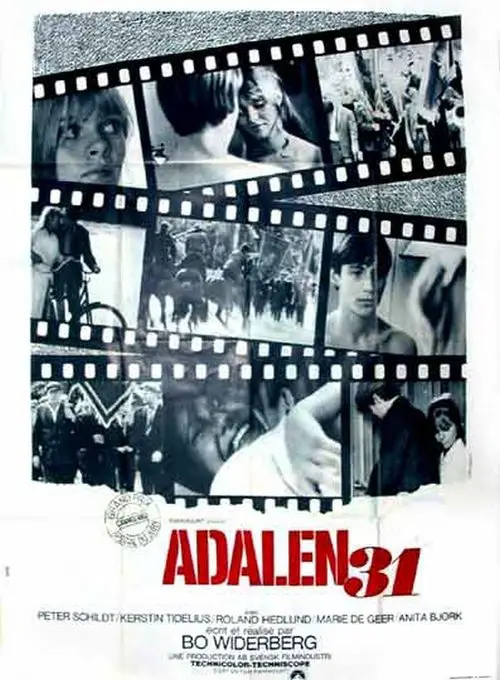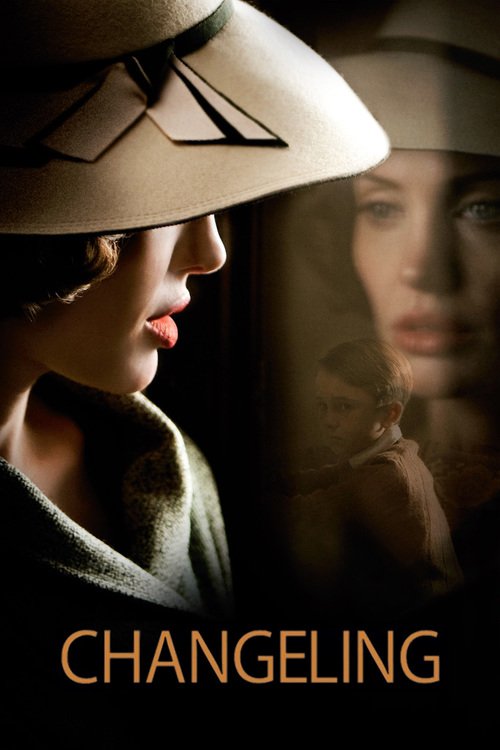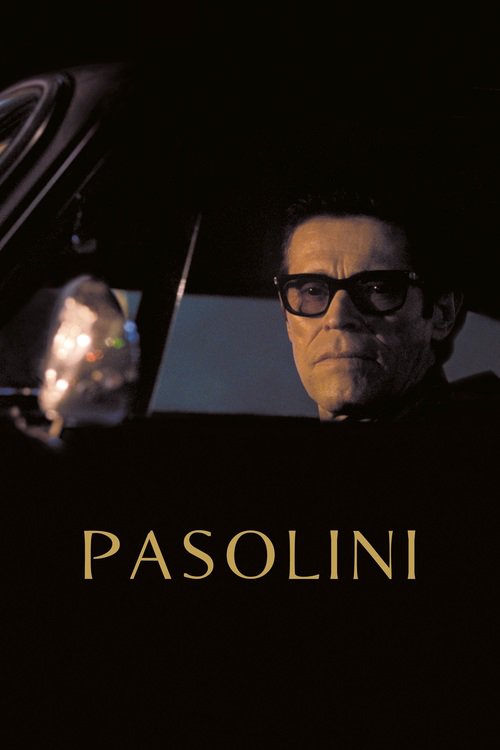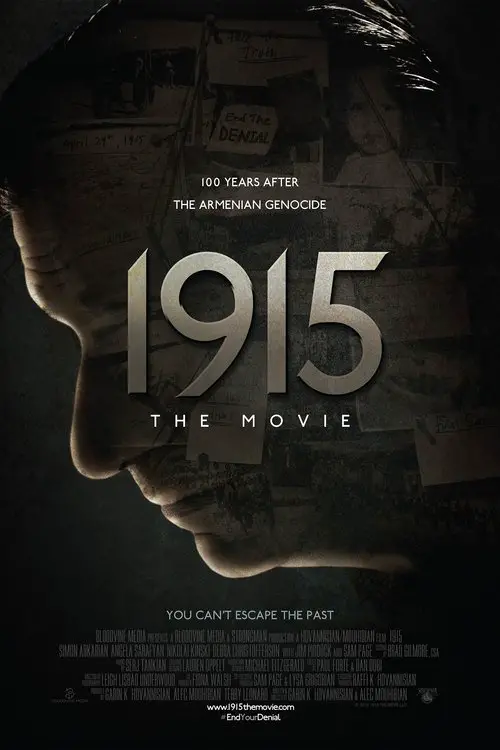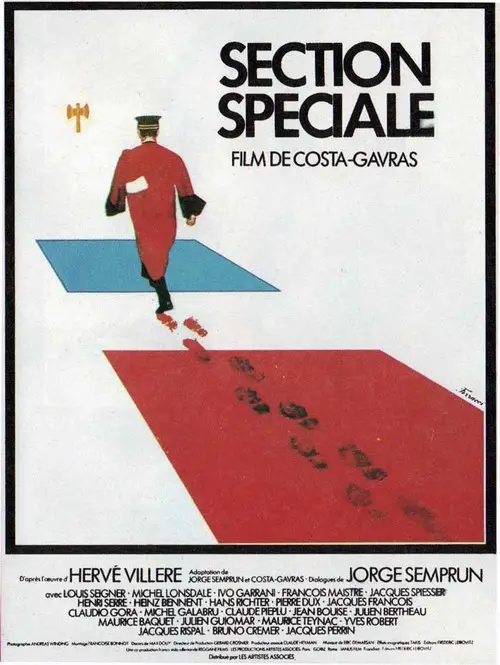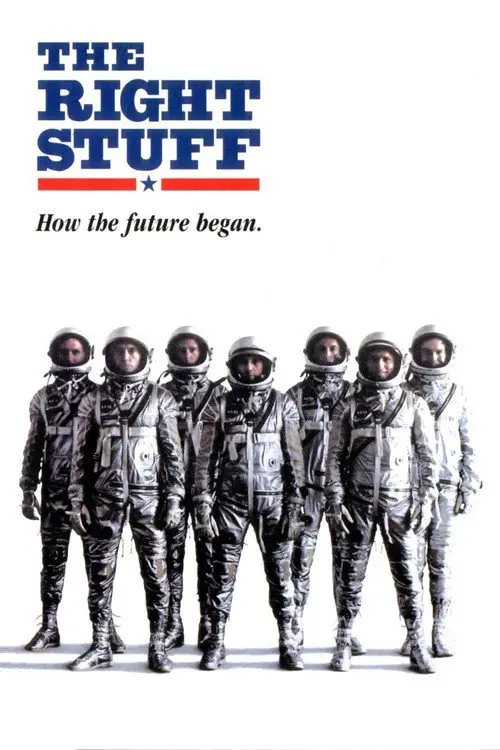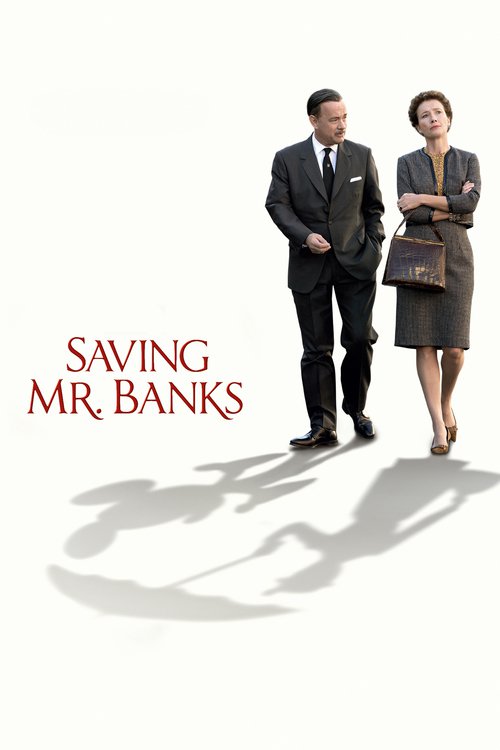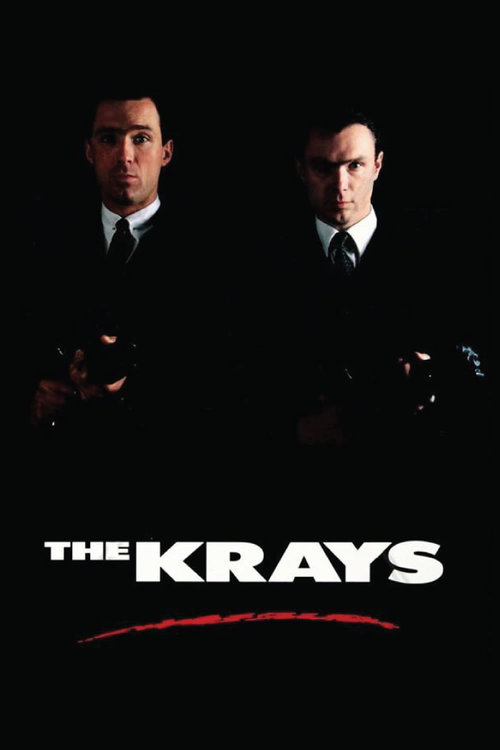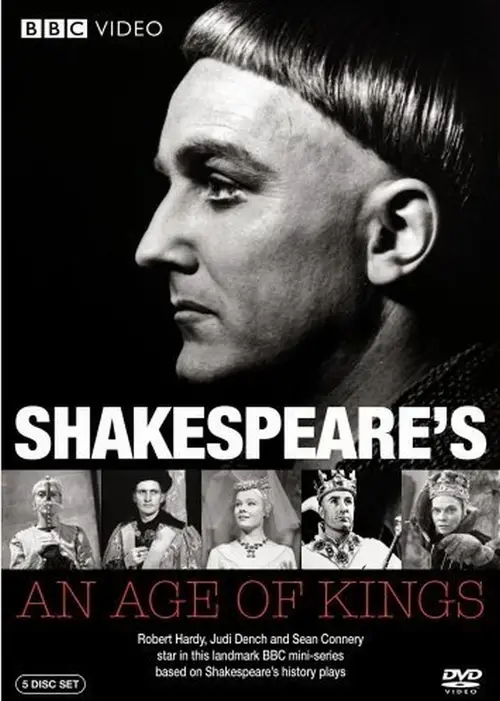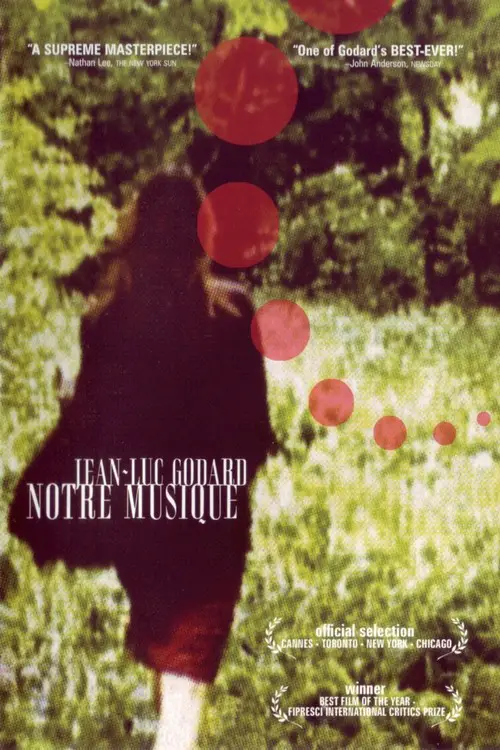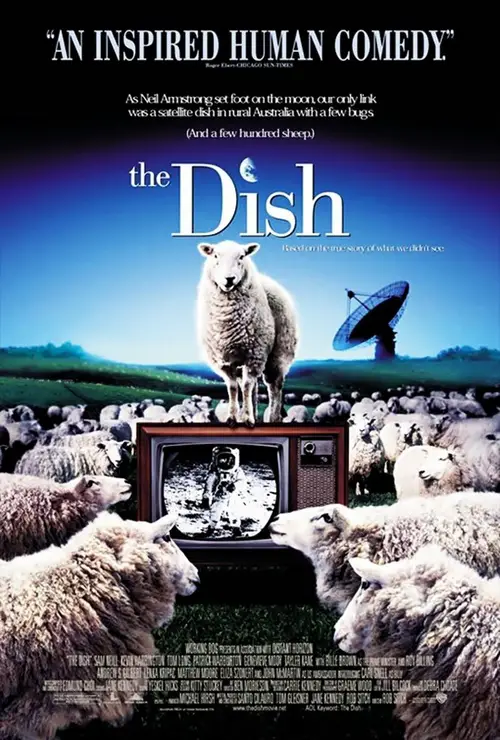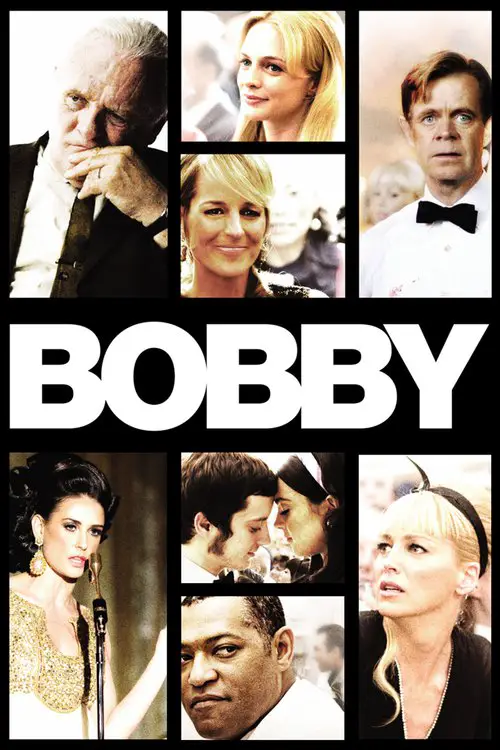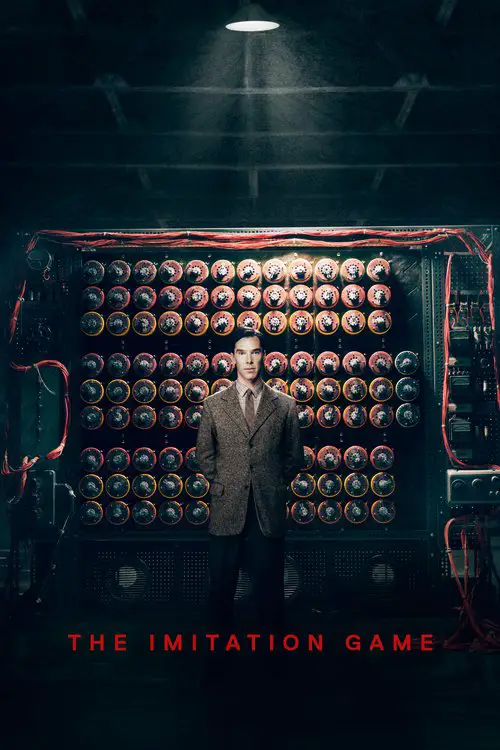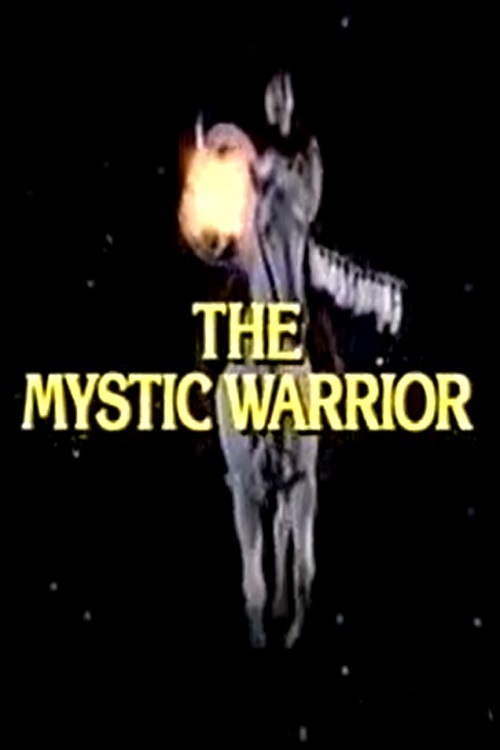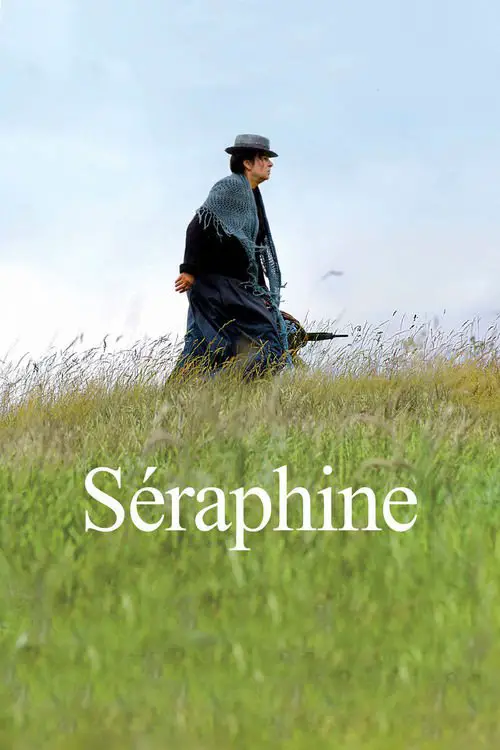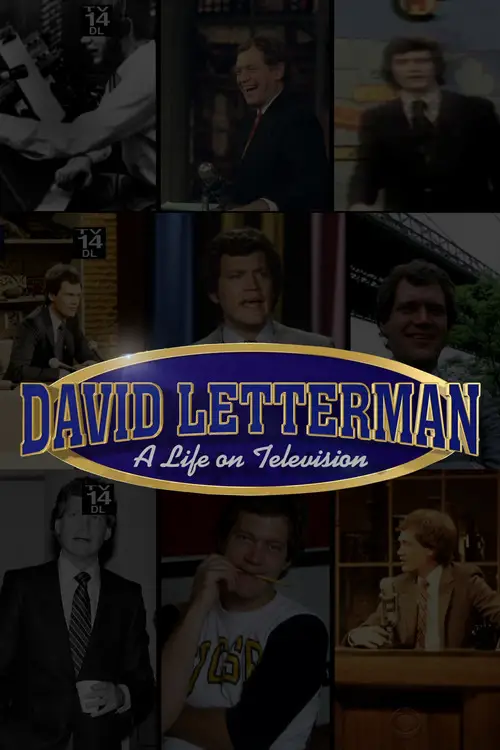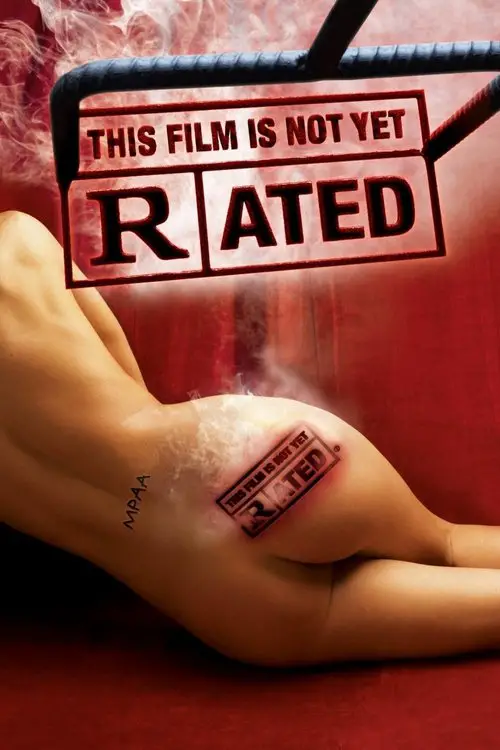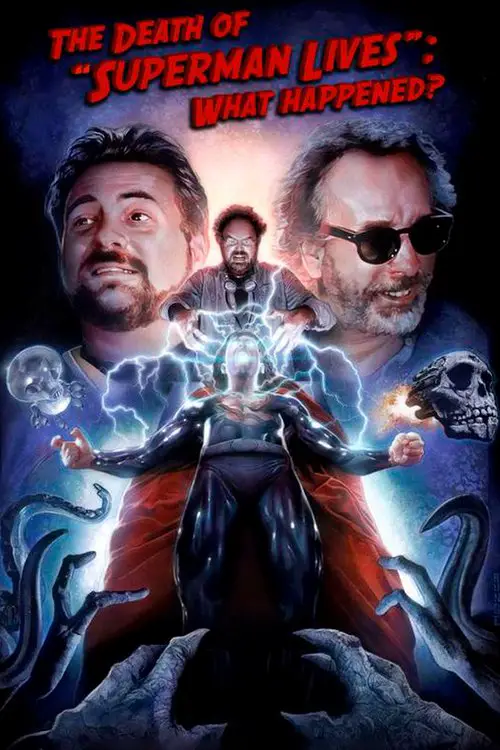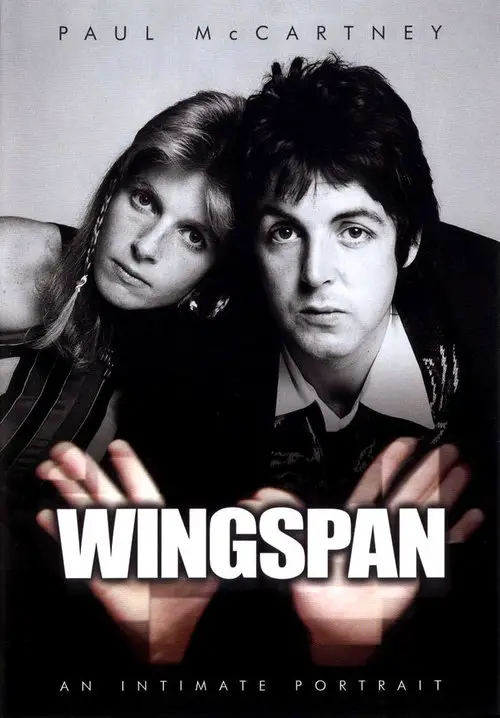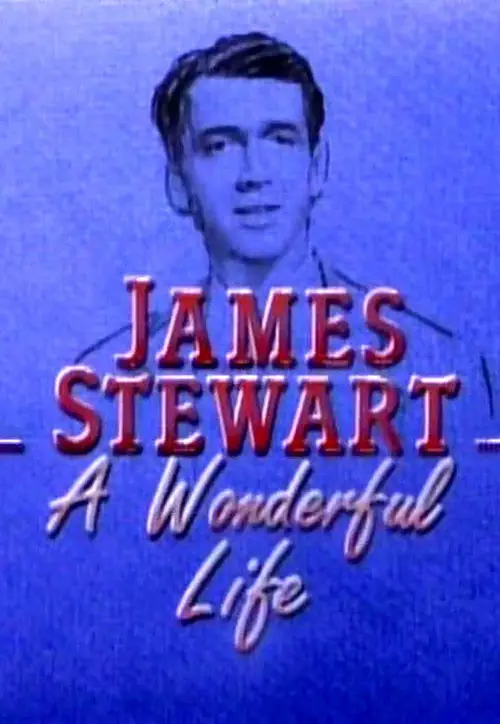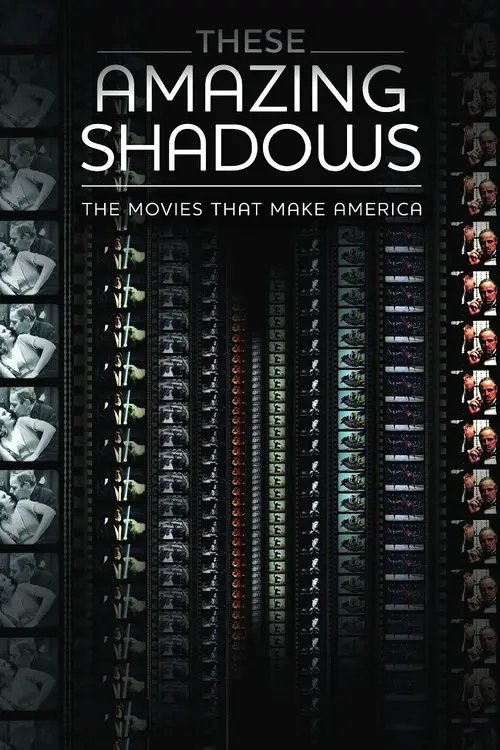Z Channel: A Magnificent Obsession (2004)
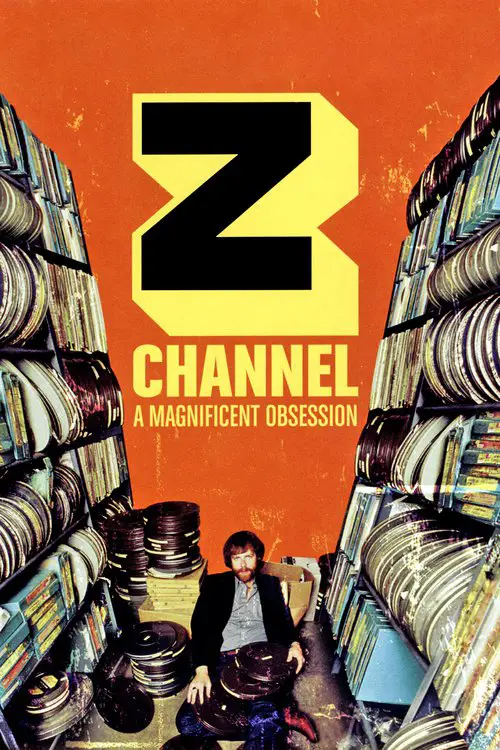
Similar movies
This historical and critical look at slasher films, which includes dozens of clips, begins with "Halloween," "Friday the 13th," and "Prom Night." The films' directors, writers, producers, and special effects creators comment on the films' making and success. During the Reagan years, the films get gorier, budgets get smaller, and their appeal wanes. Then, "Nightmare on Elm Street" revives the genre. Jump to the late 90s, when "Scream" brings humor and TV stars into the mix. Although some criticize the genre as misogynistic (Siskel and Ebert), most of the talking heads celebrate the films: as long as there are teenagers, there will be slasher films, says one.
Did you know that 1% of the white noise you see on old televisions is background radiation from The Big Bang? That the gold on a wedding ring comes from a star that exploded 5 billion years ago? And, that we're connected to the salt water of the first oceans through the water in our bodies? Our human story is actually 14 billion years old and the clues are all around us. This CGI-driven special will tell the history of our world in two hours, an ambitious story that will give surprising connections to our daily lives. From the formation of the earth and the emergence of life, to the advance of man and the growth of civilization, itâs a rapid-fire view of our unforgettable story.
A documentary about the legendary series of nationally televised debates in 1968 between two great public intellectuals, the liberal Gore Vidal and the conservative William F. Buckley Jr. Intended as commentary on the issues of their day, these vitriolic and explosive encounters came to define the modern era of public discourse in the media, marking the big bang moment of our contemporary media landscape when spectacle trumped content and argument replaced substance. Best of Enemies delves into the entangled biographies of these two great thinkers and luxuriates in the language and the theater of their debates, begging the question, 'What has television done to the way we discuss politics in our democracy today?'
Yael Hersonski's powerful documentary achieves a remarkable feat through its penetrating look at another film-the now-infamous Nazi-produced film about the Warsaw Ghetto. Discovered after the war, the unfinished work, with no soundtrack, quickly became a resource for historians seeking an authentic record, despite its elaborate propagandistic construction. The later discovery of a long-missing reel complicated earlier readings, showing the manipulations of camera crews in these "everyday" scenes. Well-heeled Jews attending elegant dinners and theatricals (while callously stepping over the dead bodies of compatriots) now appeared as unwilling, but complicit, actors, alternately fearful and in denial of their looming fate.
The Surprising History of Sex and Love is a documentary presented by Terry Jones, looking at the different and surprising attitudes to sex and love throughout history. The documentary traces the story of changing social and religious attitudes to sex through a broad swathe of history. Starting with the place of âsacred sexâ in the ancient world and ending with a discussion of the contemporary relationship between sex, marketing and prurience, the film offers some kind of map of how we got from there to here, and indicates that changes in sexual attitudes are connected with issues of power and control.
Using archival footage, United States Cabinet conversation recordings, and an interview of the eighty-five-year-old Robert McNamara, 'The Fog of War' depicts his life, from working as a WWII Whiz Kid military officer, to being the Ford Motor Company's president, to managing the American Vietnam War, as defense secretary for presidents Kennedy and Johnson.
Documentary-drama recounting the Martian War of 1913 - 1917. Europe was on tenterhooks in the 2nd decade of the 20th century, everyone was expecting a Great War between the major European powers. But then, in 1913, something crashed into the forests of SW Germany. Troops were sent to investigate but were wiped out. Martian fighting machines began making their way across Western Europe and the countries of Europe combined forces to resist them. With aspects taken from "The War of the Worlds" by H.G. Wells and from WWI itself, this dramatisation presents a documentary style look at events as they unfolded and the effect they had of our world today. Lots of references to real events including the mass attacks and defeats as men were thrown against machines on the Western front, the Christmas truce and the Angel of Mons, America's isolationism and late entry into the conflict, the worldwide "Spanish" flu epidemic that killed more people than the war, and many other things.
He was a fierce military commander who led huge armies into battle without a single defeat; a magnificent warrior who many believed was part god - this was Alexander the Great (Richard Burton), the legendary Greek hero hailed by his countrymen as "The King of Kings". Born in 356 B.C. into a turbulent world of political unrest, educated by Aristotle (Barry Jones) and chosen to lead his people in the grand tradition of his powerful father (Fredric March), this glamorous world conqueror rose above all conflict to unite the continents of Europe and Asia to become one of the most celebrated rulers of all time! Written, produced and directed by Oscar - winner Robert Rossen and featuring the extraordinary Claire Bloom and a remarkable cast of thousands, this stunning portrait of one of history's most fascinating figures is colossal entertainment and an amazing spectacle.
The film centers mostly around the personal and professional life of Thomas "Stonewall" Jackson, a brilliant if eccentric Confederate general, from the outbreak of the American Civil War until its halfway point when Jackson is killed accidentally by his own soldiers in May 1863 during his greatest victory.
This movie tells the true story of John Reed, a radical American journalist around the time of World War I. He soon meets Louise Bryant, a respectable married woman, who dumps her husband for Reed and becomes an important feminist and radical in her own right. After involvement with labor and political disputes in the US, they go to Russia in time for the October Revolution in 1917, when the Communists siezed power. Inspired, they return to the US, hoping to lead a similar revolution. A particularly fascinating aspect of the movie is the inclusion of interviews with "witnesses", the real-life surviving participants in the events of the movie.
Monsieur Cinema, a hundred years old, lives alone in a large villa. His memories fade away, so he engages a young woman to tell him stories about all the movies ever made. Also a line of movie stars comes to visit him giving him back the pleasure of life - but amongst them there are also some young students only striving after his money for the realization of their film projects. The two stories - Monsieur Cinema's and the young people's life - are told in parallel until they come together in the end when the old man plays a role in the film made by the students.
Memorial Day, 1993. When 13-year-old Kyle Vogel discovers the World War II footlocker belonging to his grandfather, Bud, everyone tells Kyle to put it back. Luckily, he ignores them. Although Bud has never talked about the war, he finds himself striking a deal with his grandson: Kyle can pick any three souvenirs, and Bud will tell him the stories behind each one. Memorial Day not only takes us on a journey into Bud's complicated wartime past, but also into Kyle's wartime future. As the two men share parallel experiences in combat, they come to realize how that magical day on the porch shaped both of their lives.Â
The year is 1919. German troops retreat from Ukraine. The Directory, the Ukrainian national government lead by Symon Petliura, takes control of Kyiv. Meanwhile, the Bolshevik division commanded by Mykola Shchors is marching on the capital. The Bolsheviks capture the cities of Vinnytsia, Zhmerynka, and others one by one, but lose Berdychiv to Petliuraâs forces. They are demoralized by the defeat. By his personal example of courage and military skill, Shchors inspires the retreating Red troops and leads them to victory over the enemy.
The historical recreation of the 1942 Wannsee Conference, in which Nazi and SS leaders gathered in a Berlin suburb to discuss the "Final Solution to the Jewish Question". Lead by SS-General Reinhard Heydrich, this group of high ranking German officials came to the historic and far reaching decision that the Jews of Europe were to be exterminated in what would come to be known as the Holocaust.
Near the end of the nineteenth century, as the balance of power shifts from Shogunate towards the Emperor, Japan restlessly awaits the dawning of a new age. But not all are content...The Shinsengumi, a small army of samurai, farmers and peasants, band together to do battle against the tide of history. Their leader, Isami Kondo (Mifune) is a man who rises from farmer to fighter to head the fierce Shinsengumi brigade. Using a stern hand and a heart of gold, he rallies his men in defense of the tottering Shogunate. But bloodshed and treachery lurk around every corner.
Based on the life stories of the eccentric aunt and first cousin of Jackie Onassis raised as Park Avenue débutantes but who withdrew from New York society, taking shelter at their Long Island summer home, "Grey Gardens." As their wealth and contact with the outside world dwindled, so did their grasp on reality.
No one knows for sure what transpired when German physicist Werner Heisenberg met with his Jewish Danish counterpart, Niels Bohr, in Copenhagen -- the event became the stuff of modern scientific mythology. Director Howard Davies puts his spin on the momentous meeting that occurred one night in September 1941, during which the longtime friends entered into a dangerous discussion about physics and politics.
A semi-biographical account of Yip Man, the first martial arts master to teach the Chinese martial art of Wing Chun. The film focuses on events surrounding Ip that took place in the city of Foshan between the 1930s to 1940s during the Second Sino-Japanese War. Directed by Wilson Yip, the film stars Donnie Yen in the lead role, and features fight choreography by Sammo Hung.
We are with Pasolini during the last hours of his life, as he talks with his beloved family and friends, writes, gives a brutally honest interview, shares a meal with Ninetto Davoli (Riccardo Scamarcio), and cruises for the roughest rough trade in his gun-metal gray Alfa Romeo. Over the course of the action, Pasoliniâs life and his art (represented by scenes from his films, his novel-in-progress Petrolio, and his projected film Porno-Teo-Kolossal) are constantly refracted and intermingled to the point where they become one.
Tom Wolfe's book on the history of the U.S. Space program reads like a novel, and the film has that same fictional quality. It covers the breaking of the sound barrier by Chuck Yeager to the Mercury 7 astronauts, showing that no one had a clue how to run a space program or how to select people to be in it. Thrilling, funny, charming and electrifying all at once.
Jean-Luc Godard's poetic meditation on war, violence and defeat. The film is structured in three parts. The three segments are "Hell", "Purgatory", and "Heaven". The first segment is a montage of war images from documentary and fictional sources. The second concerns two young Jewish women attending a European arts conference in Sarajevo. The final segment concerns the after life.
The tragic story of French naïve painter Séraphine Louis aka Séraphine de Senlis (1864-1942), a humble servant who becomes a gifted self-taught painter. Discovered by prominent critic and collector William Uhde, she came to prominence between the wars grouped with other naïve painters like Henri Rouseau only to descend into madness and obscurity with the onset of Great Depression and World War II.
AMERICAN MOVIE is the story of filmmaker Mark Borchardt, his mission, and his dream. Spanning over two years of intense struggle with his film, his family, financial decline, and spiritual crisis, AMERICAN MOVIE is a portrayal of ambition, obsession, excess, and one man's quest for the American Dream.
Kirby Dick's provocative documentary investigates the secretive and inconsistent process by which the Motion Picture Association of America rates films, revealing the organization's underhanded efforts to control culture. Dick questions whether certain studios get preferential treatment and exposes the discrepancies in how the MPAA views sex and violence.
The Death of 'Superman Lives': What Happened? feature film documents the process of development of the ill fated "Superman Lives" movie, that was to be directed by Tim Burton and star Nicolas Cage as the man of steel himself, Superman. The project went through years of development before the plug was pulled, and this documentary interviews the major players: Kevin Smith, Tim Burton, Jon Peters, Dan Gilroy, Colleen Atwood, Lorenzo di Bonaventura and many many more.
When the most famous and influential pop band in the world, the Beatles, broke up in 1970, hardly anyone expected that resident heartthrob Paul McCartney could follow up with another highly successful rock band. With the formation of Wings, however, Paul and his wife Linda did just that. WINGSPAN is a riveting documentary look at McCartney's labor of love which combines a musical history with the McCartney family history. Through rare behind-the-scenes footage, home movies, and intimate family photos, the story of the band who dared to write "Jet" unfolds.
A warm retrospective tribute on the life and career of actor James Stewart (1908-1997), hosted and narrated by Johnny Carson, with clips from many of his films and interviews with both Jimmy Stewart and several people who have worked with him.
Carson interviews Stewart in a casual setting while strolling through movie sets and some of the settings for some of Jimmy's best known films.
They discuss Mr. Stewarts philosophy of life and career. The movie clips shown cover the entire career of one of the most respected and beloved of American actors.
Also interviewed are Jimmy's wife, Gloria, Katherine Hepburn, Peter Bogdanovich, Clint Eastwood, Richard Dreyfuss, then President Reagan and first lady Nancy Reagan, Lee Remick and Gene Kelly.
This documentary on the effect the talent competition "Afghan Star" has on the incredibly diverse inhabitants of Afghanistan affords a glimpse into a country rarely seen. Contestants risk their lives to appear on the television show that is a raging success with the public and also monitored closely by the government.
© Valossa 2015–2026
| Privacy Policy
